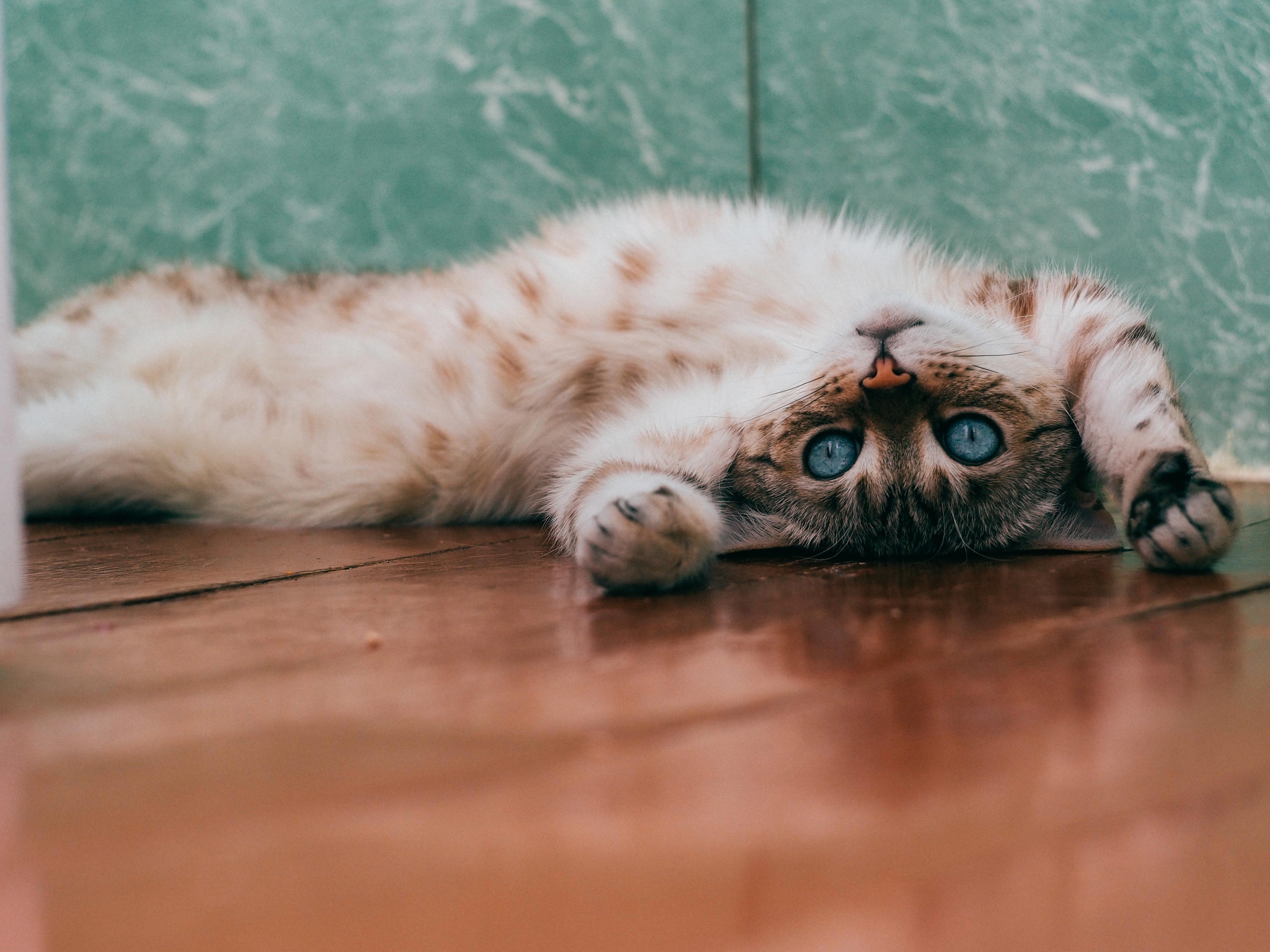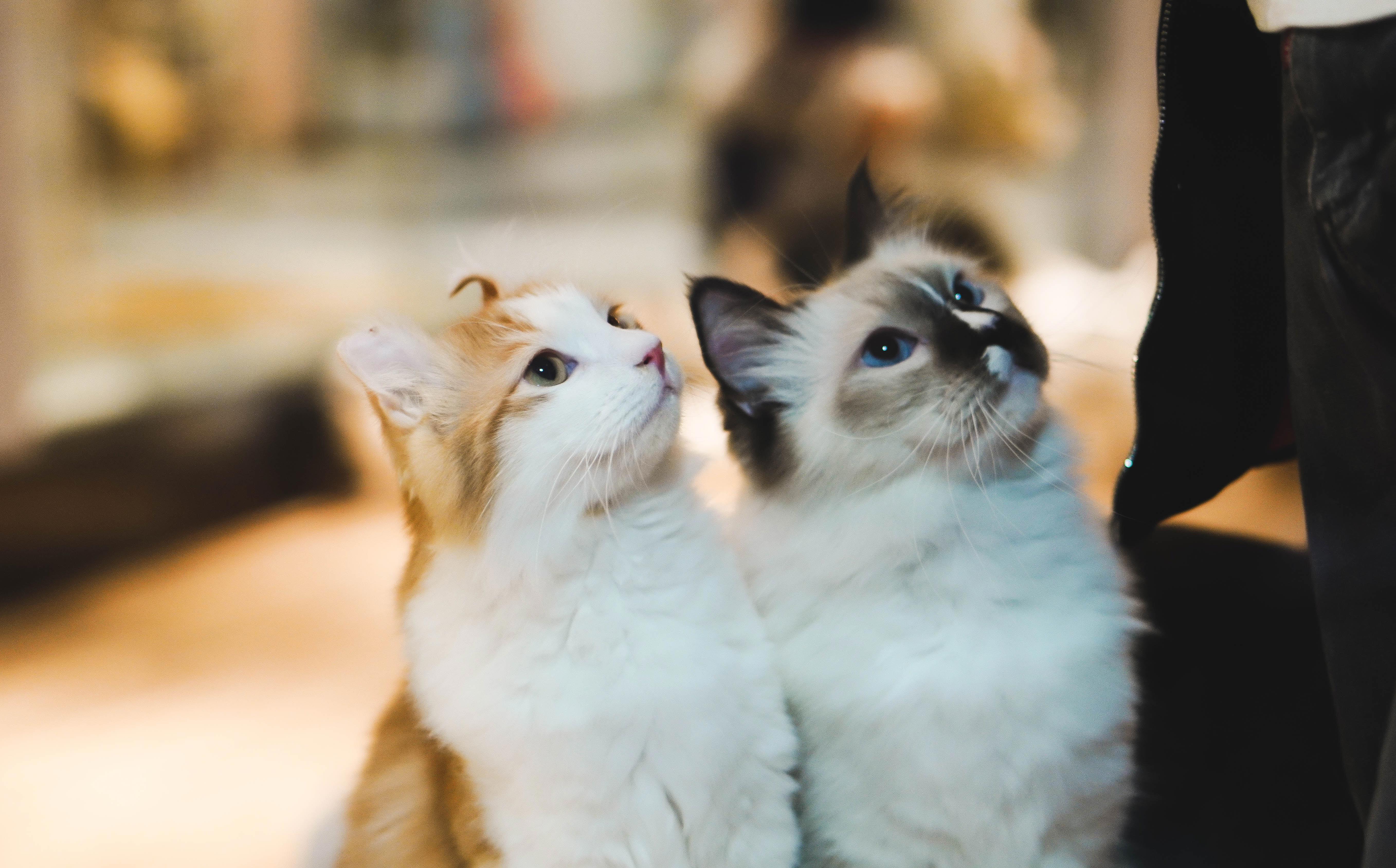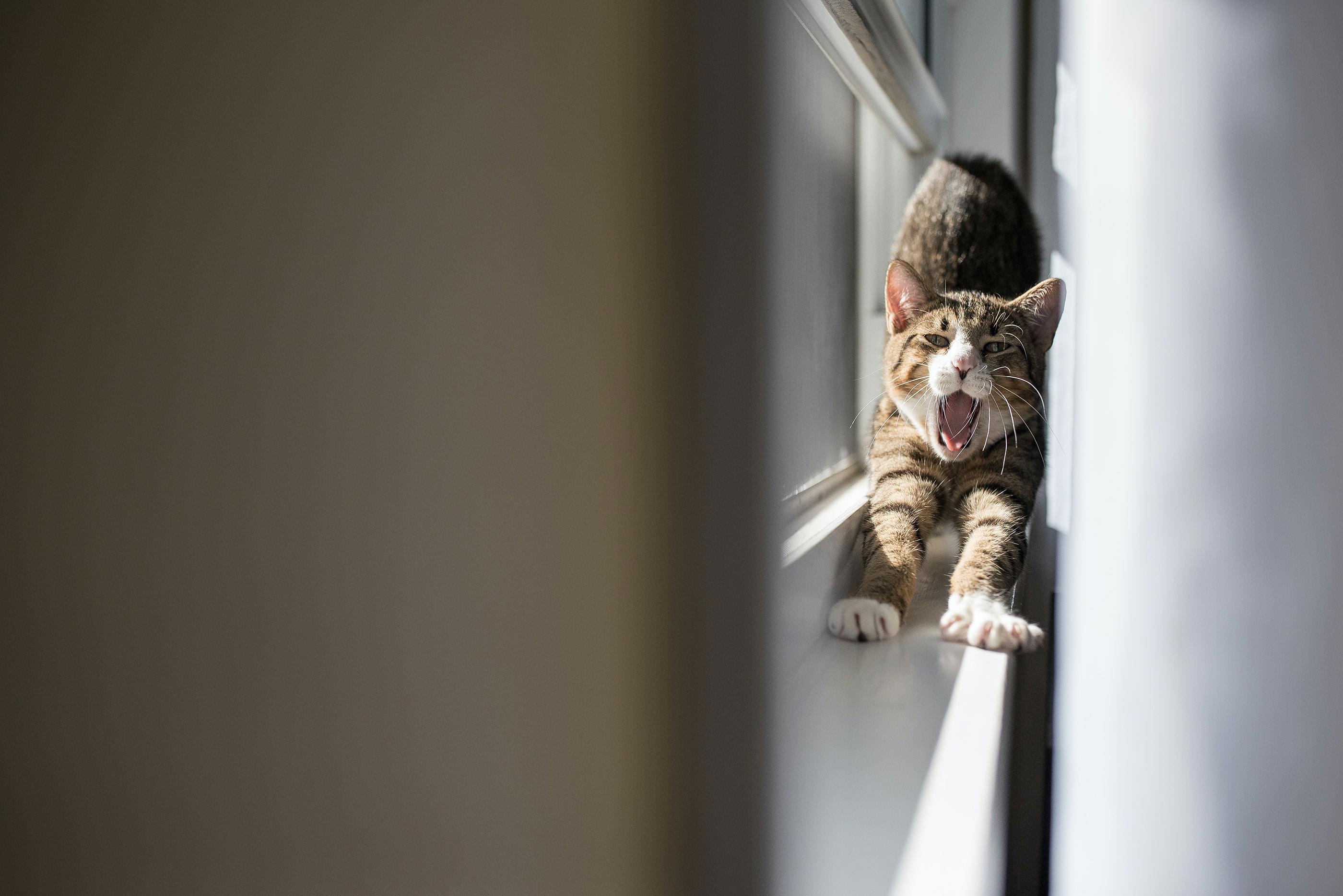Does your beloved cat ever have seizures? If so, you may be worried about what’s causing them and what you can do to help your cat. Seizures can be scary to witness, but understanding the causes and treatments for seizures in cats can help you to better care for your cat and get them back to feeling their best. In this blog post, we’ll be discussing the mystery of seizures in cats and what you can do when your cat has a seizure. We’ll be exploring the various causes and treatments available, so that you can be sure your cat gets the care they need.
When your beloved cat has a seizure, it can be a frightening and confusing experience. Seizures in cats can range from mild to severe, and it can be difficult to understand what is going on. In this blog post, we will discuss the various causes of seizures in cats, the signs and symptoms of a seizure, what to do when your cat has a seizure, and how to prevent them from happening in the future.
What Causes Seizures in Cats?
Seizures can be caused by a variety of different medical conditions. The most common causes of seizures in cats include:
• Low blood sugar (hypoglycemia)
• Toxins or poisoning
• Infections
• Head trauma
• Brain tumors
• Genetic disorders
• Liver or kidney disease
• Heatstroke
• Anemia
• Electrolyte imbalances
• Certain medications
• Exposure to toxins such as rat poison or antifreeze
• Epilepsy
Signs and Symptoms of a Seizure in Cats
Seizures in cats can take on different forms, but most commonly they involve an episode of uncontrolled muscle activity and/or loss of consciousness. Here are some of the signs and symptoms of a seizure in cats:
• Uncontrolled shaking or twitching of the limbs
• Falling over
• Loss of coordination

• Loss of consciousness
• Drooling
• Loss of bladder control
• Twitching of the facial muscles
• Wide-eyed, staring expression
• Uncontrollable vocalization
What To Do When Your Cat Has A Seizure
If your cat is having a seizure, the first and most important thing to do is remain calm. While it can be frightening to witness, it is important to remember that seizures are typically not life-threatening. The next step is to carefully observe your cat so that you can give an accurate description of the event to your veterinarian.
If your cat is having a seizure, it is important to keep them away from any sharp objects or hard surfaces that could cause further injury. It is also important to not attempt to restrain them as this can increase their stress level and make the seizure worse.
If the seizure lasts more than a few minutes, you should call your veterinarian immediately. If you are unable to reach them, you should take your cat to the nearest emergency vet clinic.
How to Prevent Seizures in Cats
The best way to prevent seizures in cats is to practice good preventive care. This includes:
• Feeding your cat a balanced diet
• Providing routine veterinary care, including vaccinations and regular check-ups
• Providing regular exercise and mental stimulation
• Keeping your cat away from potential toxins or poisons
• Making sure your cat is up-to-date on parasite prevention
• Keeping your cat away from dangerous areas or places where they could get hurt
• Making sure your cat is not exposed to extreme temperatures
Conclusion
Although seizures in cats can be frightening, it is important to remember that they are typically not life-threatening. By understanding the various causes of seizures, the signs and symptoms of a seizure, what to do when your cat has a seizure, and how to prevent them from occurring, you can help ensure that your beloved cat remains healthy and safe. If you have any questions or concerns about seizures in cats, be sure to talk to your veterinarian.
Having a cat that has seizures can be scary and overwhelming. It’s important to remain calm and take the right steps to ensure your cat receives the best possible care. Speak to your vet and stay informed by researching the potential causes of your cat’s seizures. With the right treatment and management, your cat can have a good quality of life despite the seizures. Remember, knowledge is power when it comes to caring for your cat, and the more you know, the easier it will be to provide the best possible care for them.







